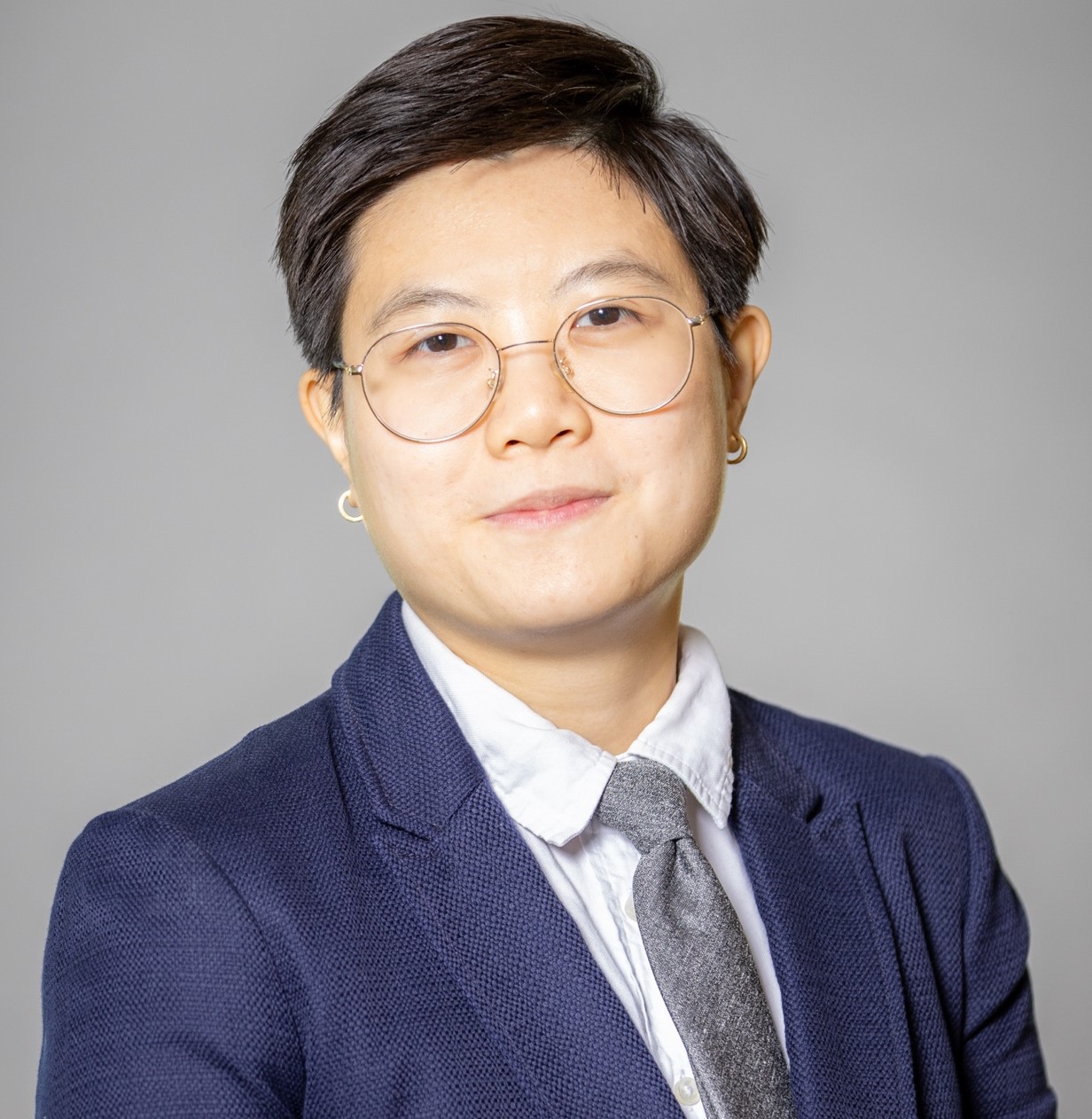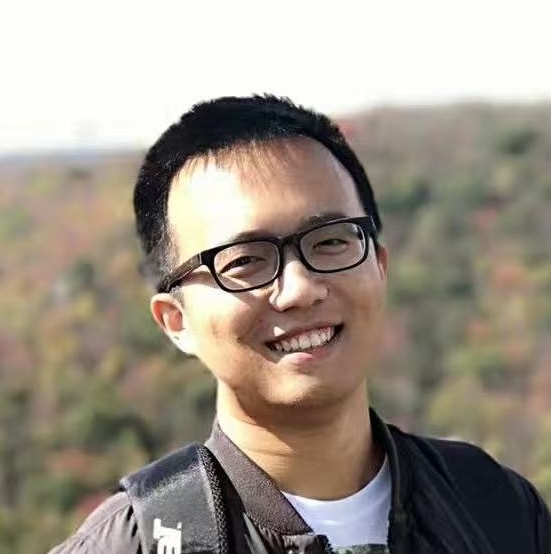Members
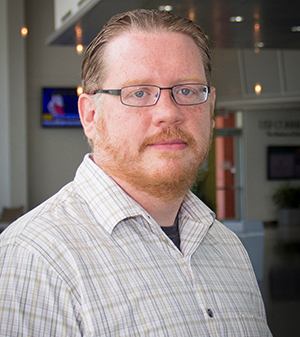
Shaun Canavan, Ph.D.
Associate Professor, Department of Computer Science and Engineering, College of Engineering

Anshuman Chhabra, Ph.D.
Assistant Professor, Department of Computer Science and Engineering, College of Engineering
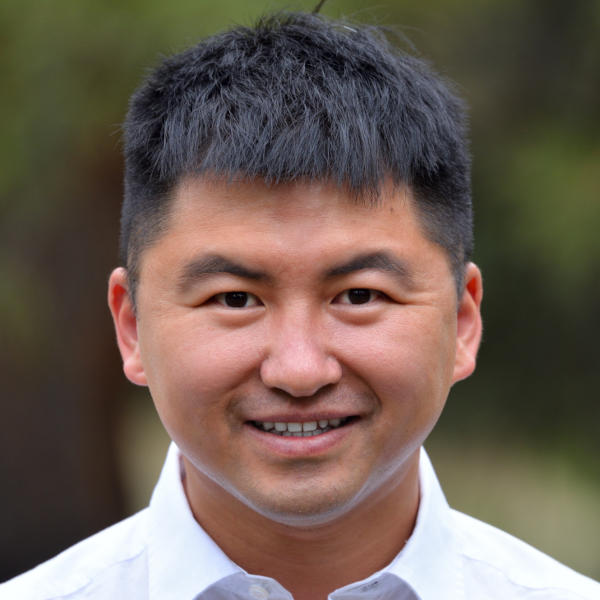
Zhao Han, Ph.D.
Assistant Professor, Department of Computer Science and Engineering, College of Engineering

Gene Kim, Ph.D.
Assistant Professor, Department of Computer Science and Engineering, College of Engineering
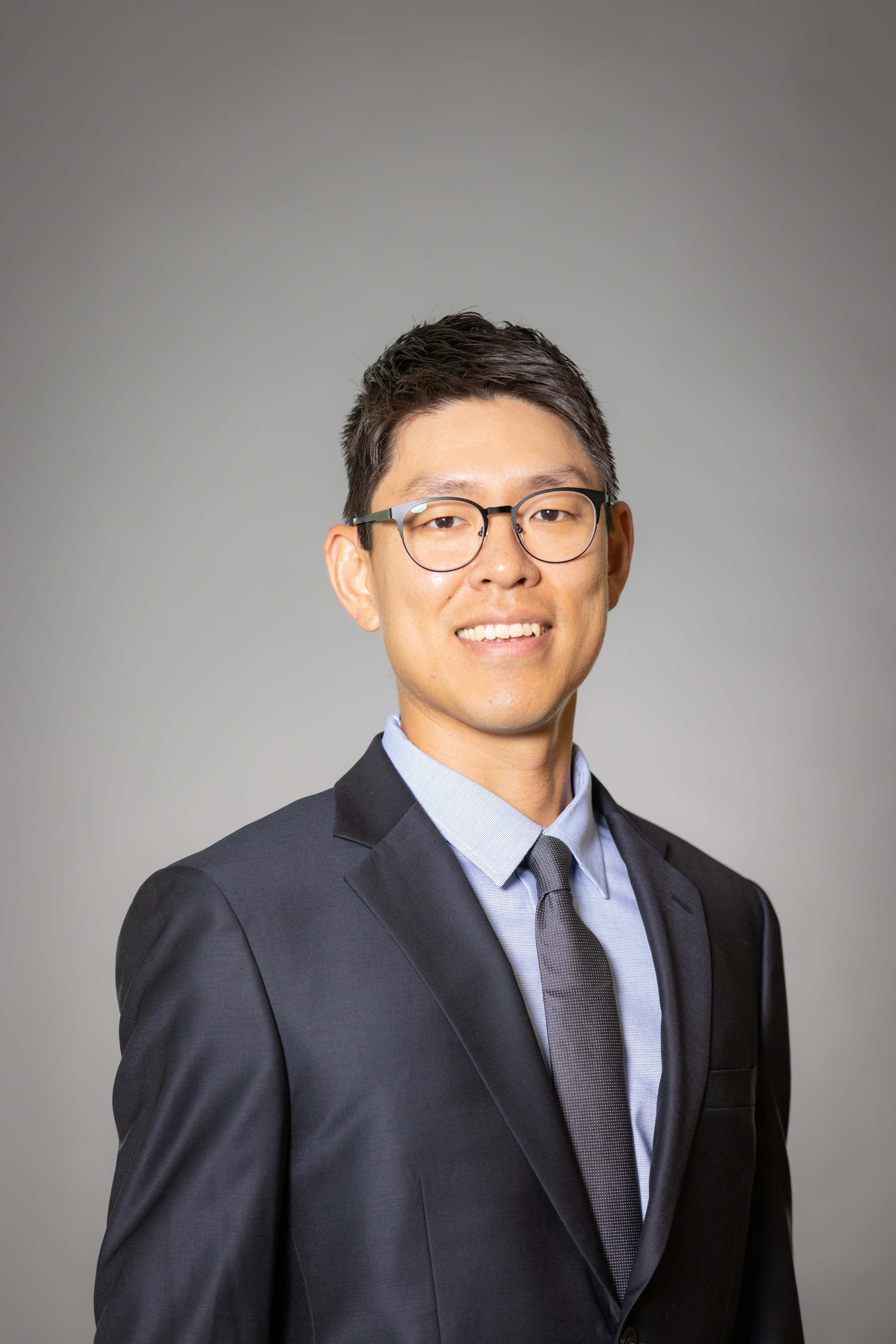
Seungbae Kim, Ph.D.
Assistant Professor, Department of Computer Science and Engineering, College of Engineering
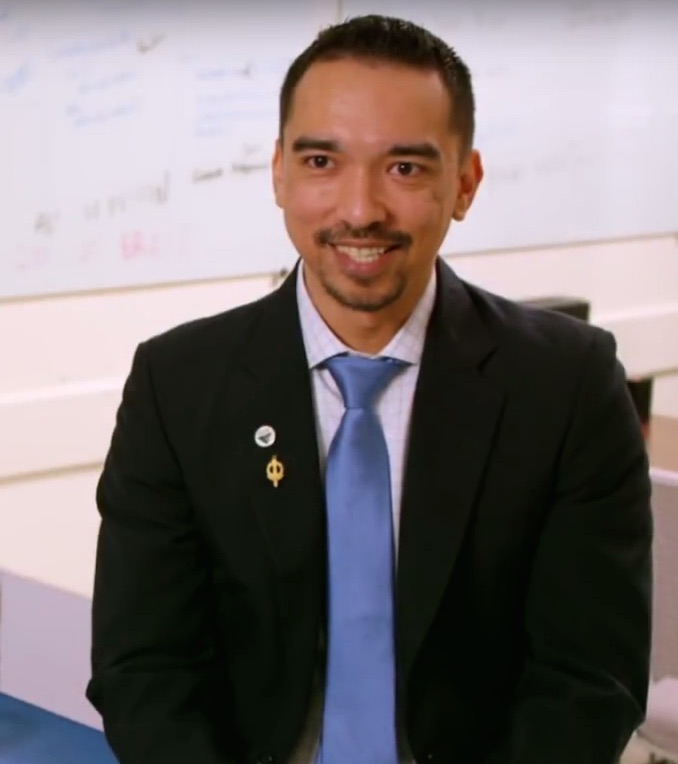
John Licato, Ph.D.
Associate Professor, Department of Computer Science and Engineering, College of Engineering
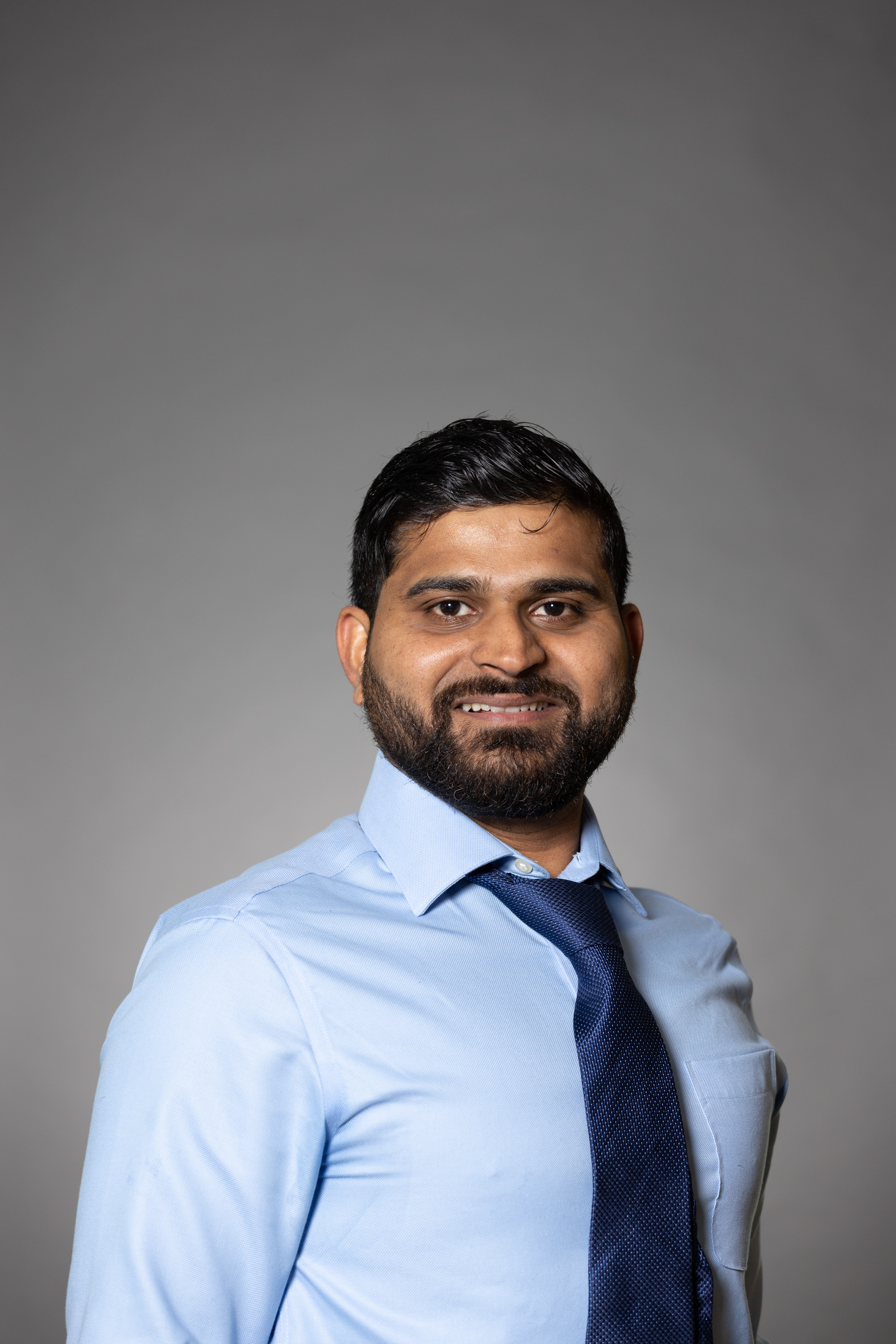
Ankur Mali, Ph.D.
Assistant Professor, Department of Computer Science and Engineering, College of Engineering
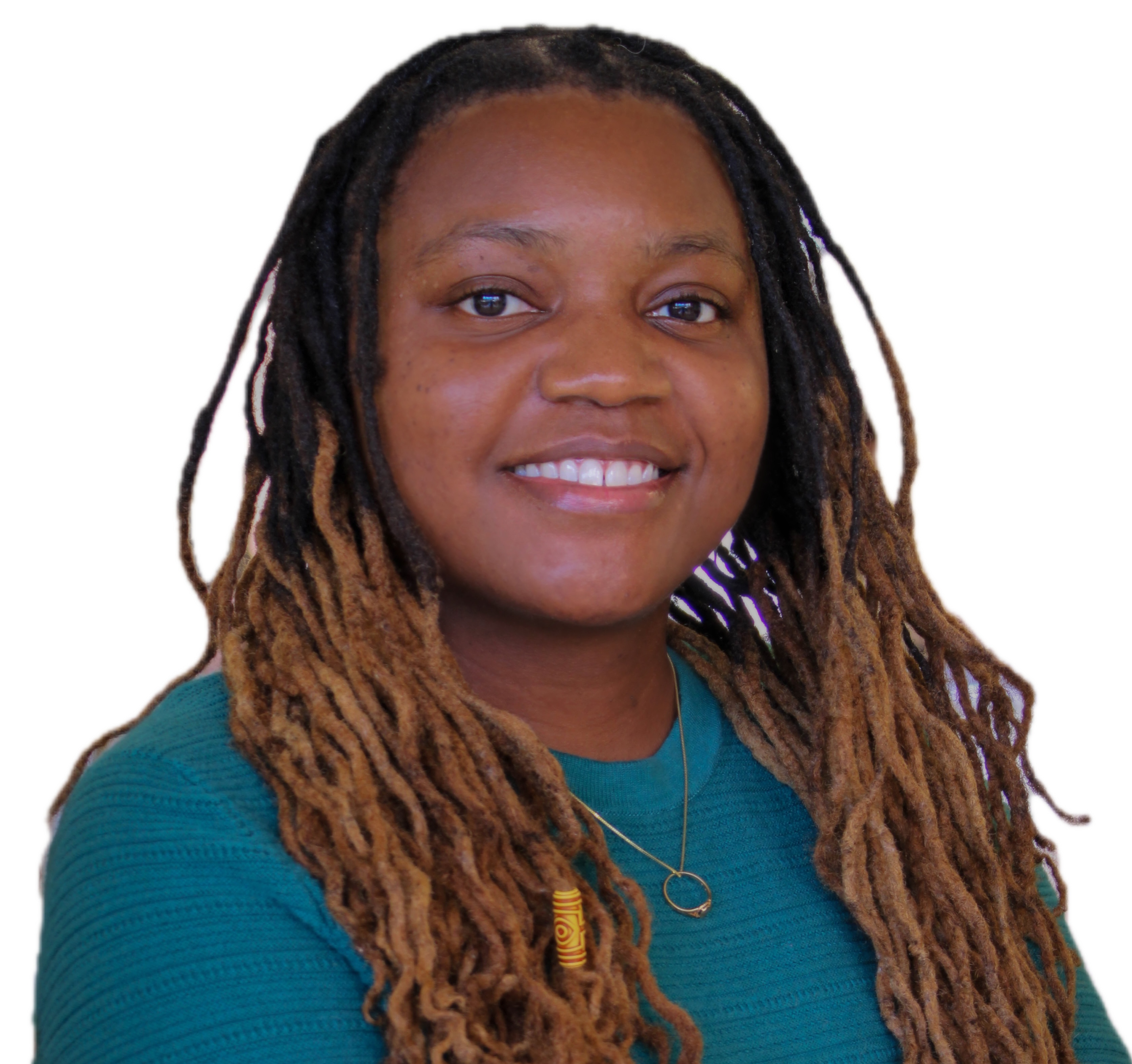
Tempestt Neal, Ph.D.
Associate Professor, Department of Computer Science and Engineering, College of Engineering
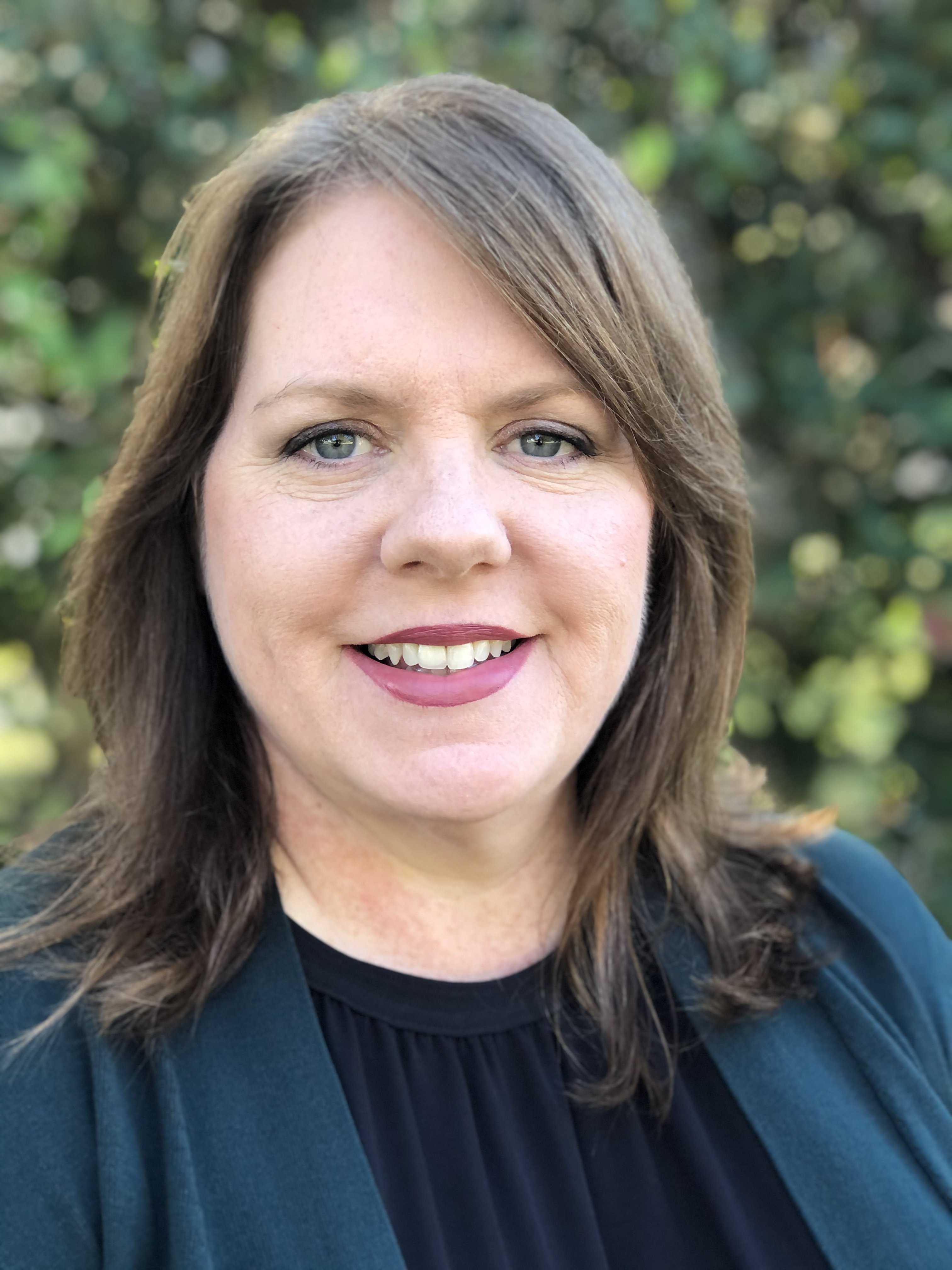
Jenifer Jasinski Schneider, Ph.D.
Interim Dean and Professor, Literacy Studies, College of Education

Ehsan Sheybani Ph.D.
Professor, School of Information Systems and Management, Muma College of Business
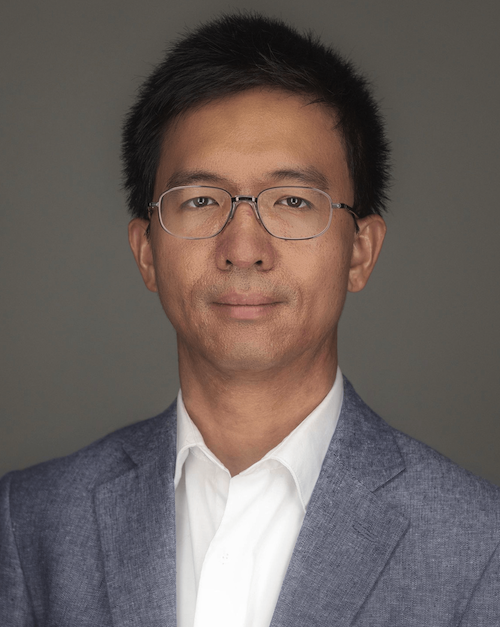
Thanh Thieu, Ph.D.
Researcher, Health Outcomes & Behavior Program, Machine Learning Program, Moffitt Cancer Center
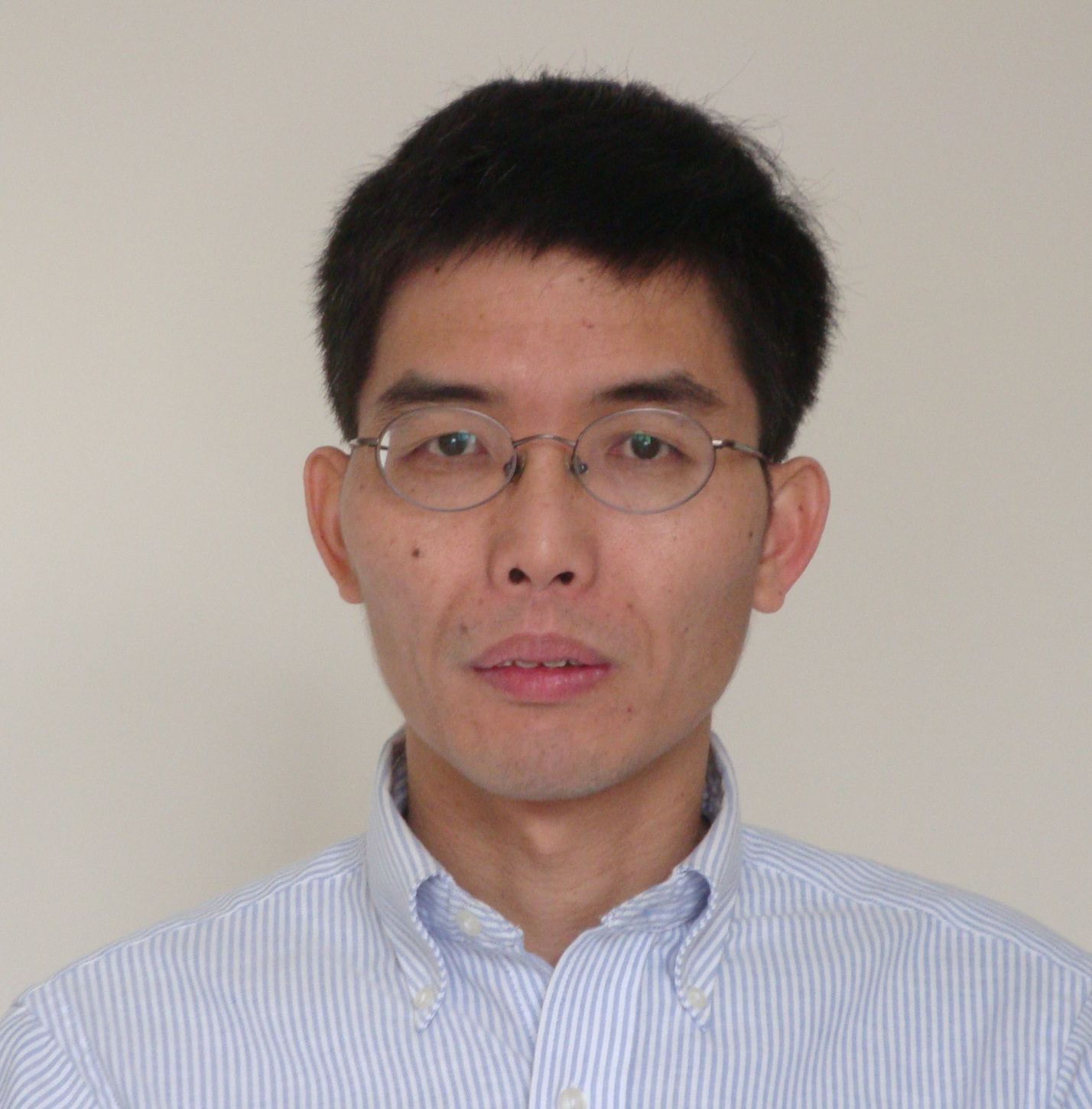
Kaiqi Xiong, Ph.D.
Professor, Department of Mathematics and Statistics, College of Arts and Sciences
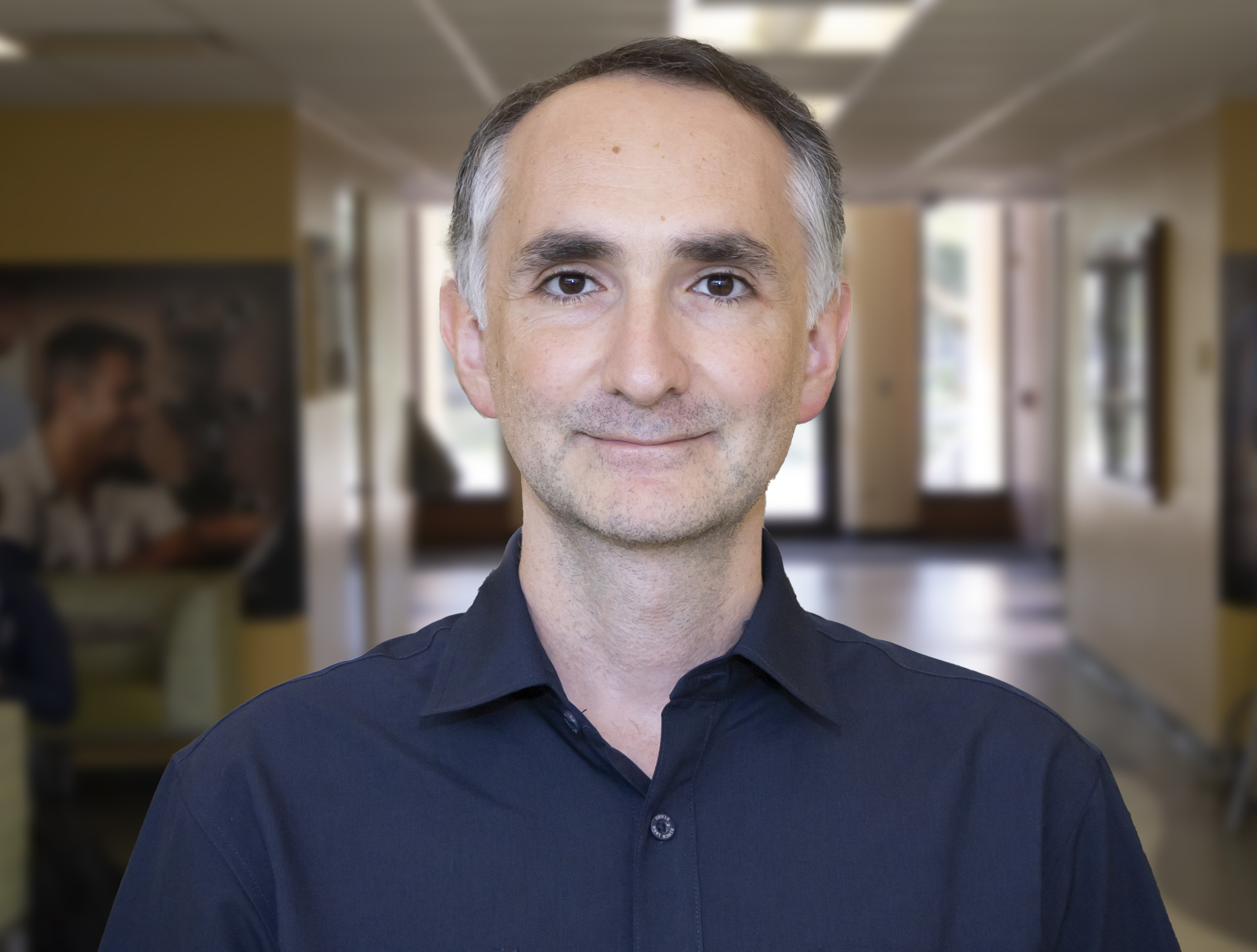
Yasin Yilmaz, Ph.D.
Associate Professor, Department of Electrical Engineering, College of Engineering



